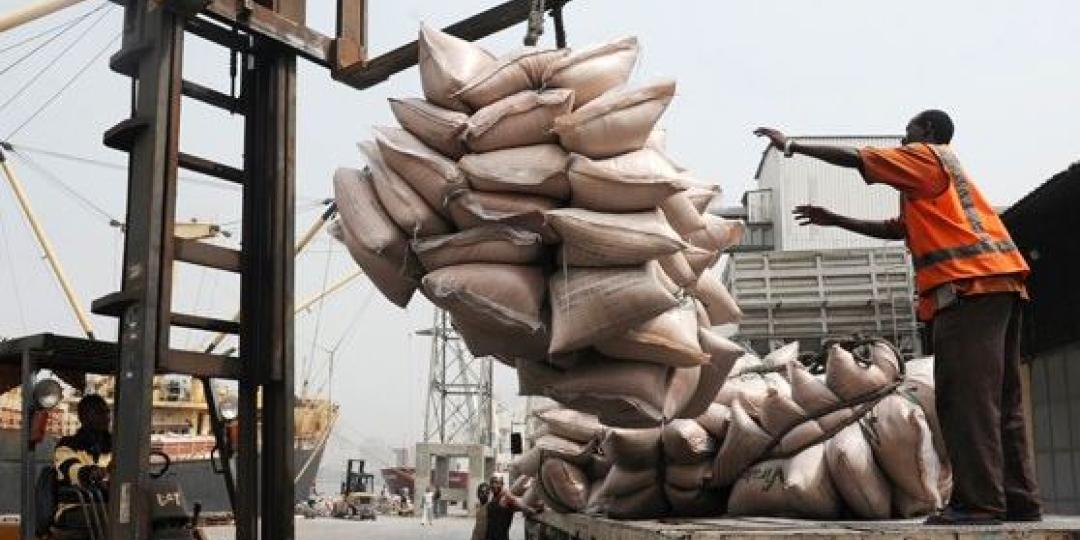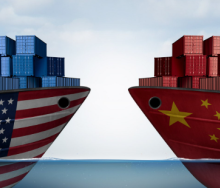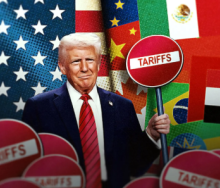Implementation of the African Continental Free Trade Area (AfCFTA) in July is looking increasingly unlikely, but this trade agreement may still be Africa’s silver lining amidst the Covid-19 pandemic.
This is according to Beatrice Chaytor, senior expert – trade in services, in the department of trade and industry at the African Union Commission, and Ify Ogo, trade policy expert at the African Trade Policy Centre (ATPC) of the United Nations Economic Commission for Africa (Uneca).
Writing for tralac (Trade Law Centre), Chaytor and Ogo state it is far too soon to comprehend the real economic impact of Covid-19 on African countries, but it will be significant.
Uneca estimates that GDP growth for the continent will decline from 3.2% to 1.8% in 2020.
“It seems that trading under the terms set by the agreement to establish the AfCFTA, which was slated to commence on 1 July 2020, will have to be postponed,” said Chaytor. “In light of the pressures currently faced by African countries, it becomes pertinent to anticipate the impact of disrupted trade patterns on economic performance, and reflect the new realities of African economies in the negotiations for and liberalisation of intra-African trade.”
Of critical importance, said Ogo, was that trade-related considerations were accounted for in the measures for palliation, recovery and resilience at national and regional levels.
“These considerations include repositioning African countries in regional and global value chains, prioritising health services in the first round of AfCFTA services negotiations, promoting cross-border digital trade in services, and leveraging the AfCFTA for economic recovery and resilience”
Both Chaytor and Ogo maintain the AfCFTA and its implementation, may be a silver lining. “The lull may provide much-needed time for reflection and thought about what kind of trade space is required under the AfCFTA. The crisis has also shown the critical importance and opportunities within the digital economy for African economies.”
While trade under the AfCFTA will inevitably be postponed, Chaytor and Ogo are calling for the initiative not to slow down.
“There is an exceptional urgency to the conclusion of negotiations on services schedules to enable vital industries to grow, develop home-grown solutions, and drive regional value chains.”













